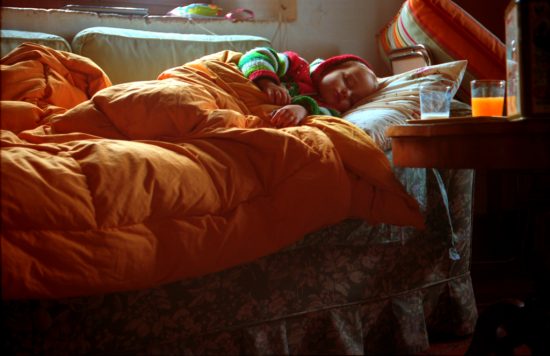
Time Magazine reports, “HEV68, which almost uniquely affects children, tends to first cause cold-like symptoms, including body aches, sneezing and coughing. These mild complaints then worsen into life-threatening breathing problems that are all the more dangerous to children with asthma. Since viruses do not respond to antibiotics, hospitals have treated the illness with asthma therapies.”
Since August the 18th the Children’s Hospital in Colorado has treated more than 900 cases of the virus. It’s said to be severe and unpleasant, but there have been no reported deaths from the virus at this time.
Dr. Robert Merrick, an Epidemiologist at Blessings Hospital in Illinois said, “We are restricting children under age 12 from visiting Blessing Hospital patients until further notice to reduce the risk of contracting and spreading the virus for all involved, the children who would be visiting and our patients.”
Blessing and other hospitals will be working with the Department of Public Health and the Centers for Disease Control and Prevention (CDC) to stay on top of the outbreak. This has meant issuing warning posts on social media pages like this one from the Hannibal Regional Healthcare System’s Facebook page.
“Due to the recent outbreaks of enterovirus infections in Missouri and Illinois, Hannibal Regional Hospital health officials ask that children 16 and under and persons with the following symptoms refrain from visiting patients who are hospitalized at Hannibal Regional Hospital until further notice.”
Symptoms of the virus are similar to the common cold but will increase in severity. If your children are not feeling well, watch out for the following symptoms:
- Sneezing
- Coughing
- Mouth Blisters
- Muscle Aches
- High Fever
- Rashes
The CDC is warning that this virus may ultimately affect thousands of children as it continues to spread. Everyone should take the basic precautions one would take for avoiding the flu such as washing hands often and avoid touching your eyes, nose and mouth with your hands. Symptoms are likely to escalate and worsen if your child is asthmatic. If your child is showing symptoms, immediately contact your doctor for further advice and treatment solutions.
(Photo courtesy of Matteo Bagnoli)
Comments